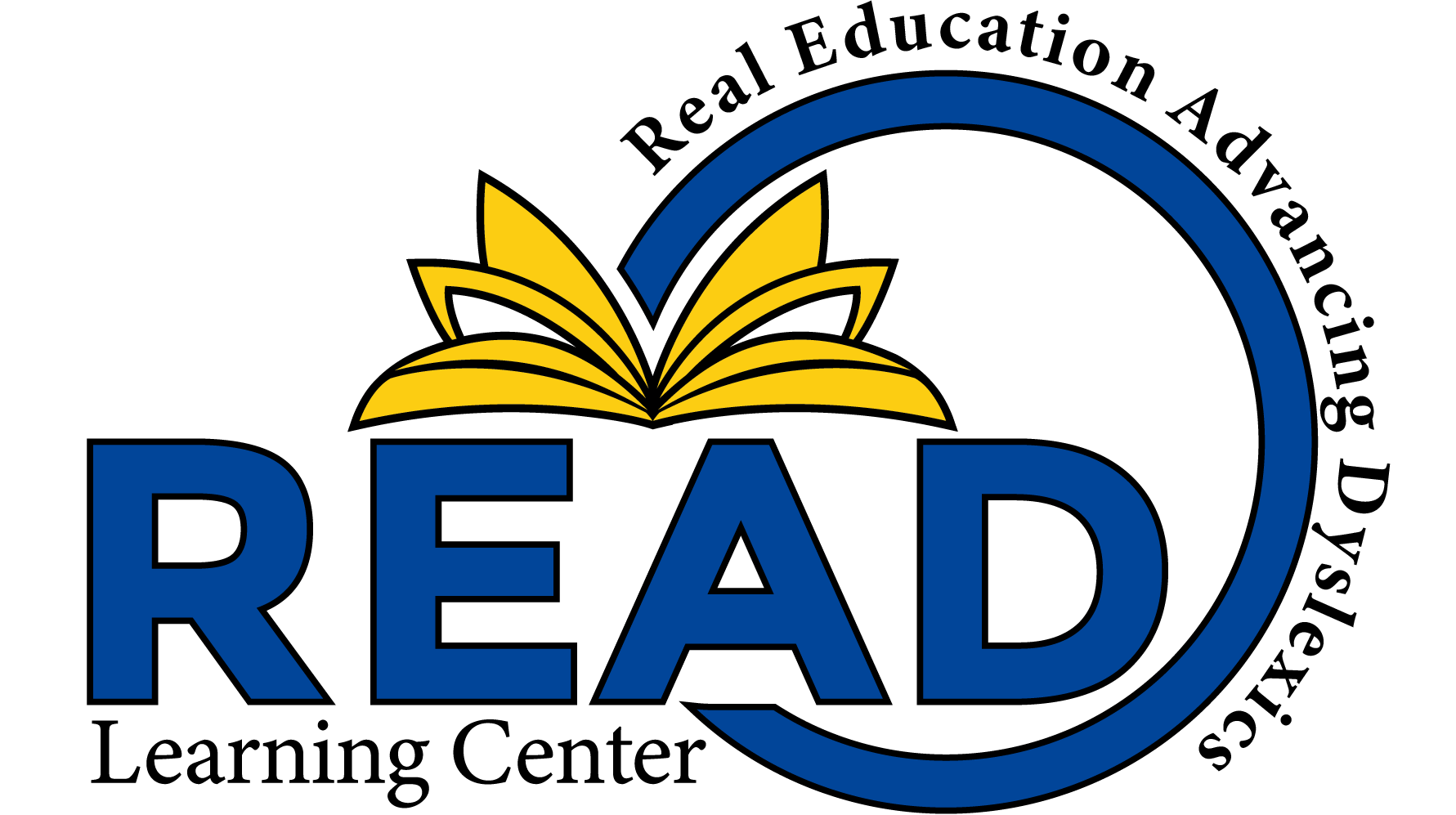As of the spring of 2022, the average student was half a year behind in math and one-third of a year behind in reading. It’s clear that many children struggle in school, and that struggle is even worse for children with learning differences.
Is your child struggling? It may be time to consider after-school tutoring for students struggling with reading, math, and writing. It may be a game-changer for your struggling child.
Is it worthwhile? Tutoring is a significant time commitment for your child, so it makes sense that you’d want to be sure. We’re here to ease your mind.
Read on to learn all about the top benefits of tutoring for children who need extra help after school.
Table of Contents
More Individual Attention
In a classroom, teachers often have 20+ students to manage at once. They’re unable to pay special attention to each specific student, at least not for too long. They don’t have the time or resources.
This allows some students to “fall through the cracks,” so to speak. Students may not feel confident enough to ask for one-on-one help.
Tutoring sessions are conducted in small groups or one-on-one, allowing tutors to tailor their instruction to the individual needs of each student. This special attention can help students grasp complex concepts and progress at their own pace.
Extra Help for Special Needs
Students with any special need or learning difference, including dyslexia, dysgraphia, and dyscalculia (among others), are even more likely to slip through the metaphorical cracks.
There’s often extra help and accommodations available for these students in school, but more is needed. Having a tutor who understands these needs and the academic struggles that come alongside them will help those students thrive.
Different Teaching Methods
All students learn differently. Many teachers work hard to use several teaching methods during each lesson, but it is only sometimes an option, especially for large classes. They may only be able to lecture or do one or two hands-on activities.
Tutors have more flexibility. They can tailor their teaching methods to their students so they can find the perfect teaching methods. They also have more room to experiment with new teaching methods.
Often, it isn’t the content that’s the problem. It’s the teaching style. A student in tutoring can experience different teaching styles that can help them thrive.
Continuing While the Information Is Fresh
After school, children are eager to get home and play games, hang out with friends, and eat snacks. What they learned in school fades quickly from their memories. This makes homework, studying for tests, and preparing for school the next day challenging.
When students go to a tutor, they get to keep building on knowledge while the information from school is still fresh in their minds. It’s as if the school day is continuing.
This is fantastic for students who need extra help making connections. They don’t have to wait additional days (or worse, over the weekend) to get help.
Filling in the Gaps
Many students are bright and good at school but still have gaps in their understanding. They may have missed a few lessons or not understood a concept one day.
These lessons and concepts will still be on the tests, so students need to be able to fill those gaps if they want to avoid low test scores. Tutoring can help with that.
Tutors and parents can work together to identify gaps in the student’s learning so they can work toward bridging them.
Parental Involvement
Parental involvement is vital when it comes to student success. Parents are taking a role in their children’s academic journies by hiring a tutor. Parents and tutors work together to help children succeed.
Increased Academic Confidence
Academic performance will, of course, increase when a child has an excellent tutor to help them. This is important. However, the child’s confidence may be more critical. This will also improve.
When a child is struggling in school, their confidence may plummet. This is even more true for children with learning differences. A lack of confidence can extend beyond the classroom and impact the child’s social life and overall self-esteem.
Having a tutor won’t improve everything for a child’s confidence, but it can make an impact. They may feel more comfortable raising their hand in class or leading a group project. These changes may seem small to adults but are significant to children.
The Benefits of After School Tutoring for Students Struggling With Reading, Math, and Writing
After-school tutoring for students struggling with reading, math, and writing can be beneficial. Students can improve their academic performance while also improving their confidence through the power of individual attention and varying teaching methods.
If your child is struggling, a tutor may be the perfect solution.
At READ Learning Center, we strive to empower all students who walk through our doors. We want your child to thrive. Schedule a tour with us today if you’d like to enroll your child or learn more about our services.

